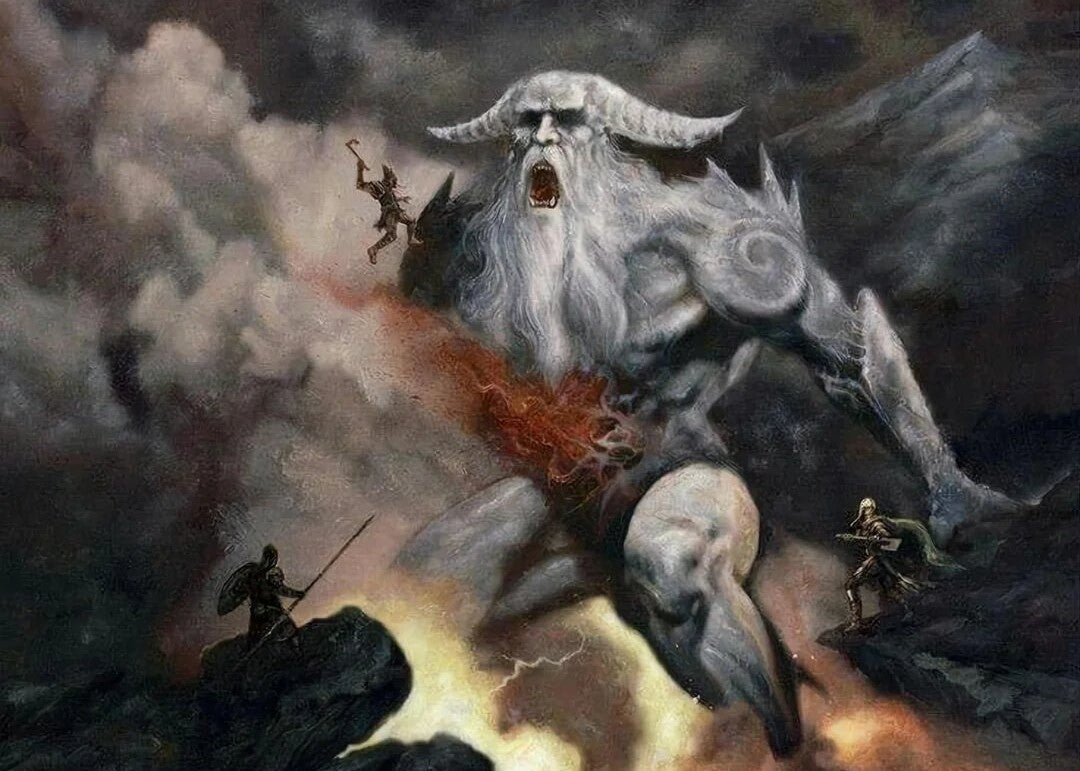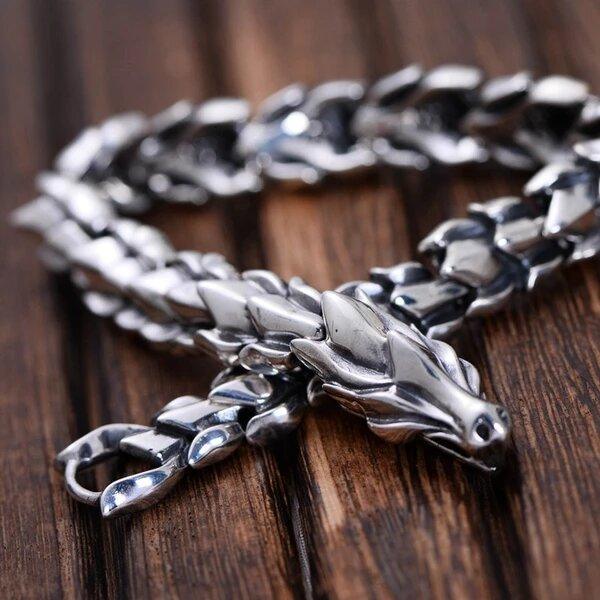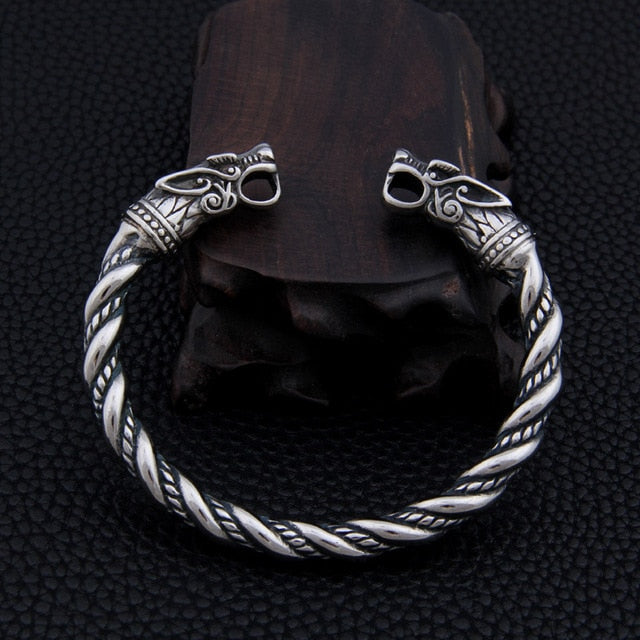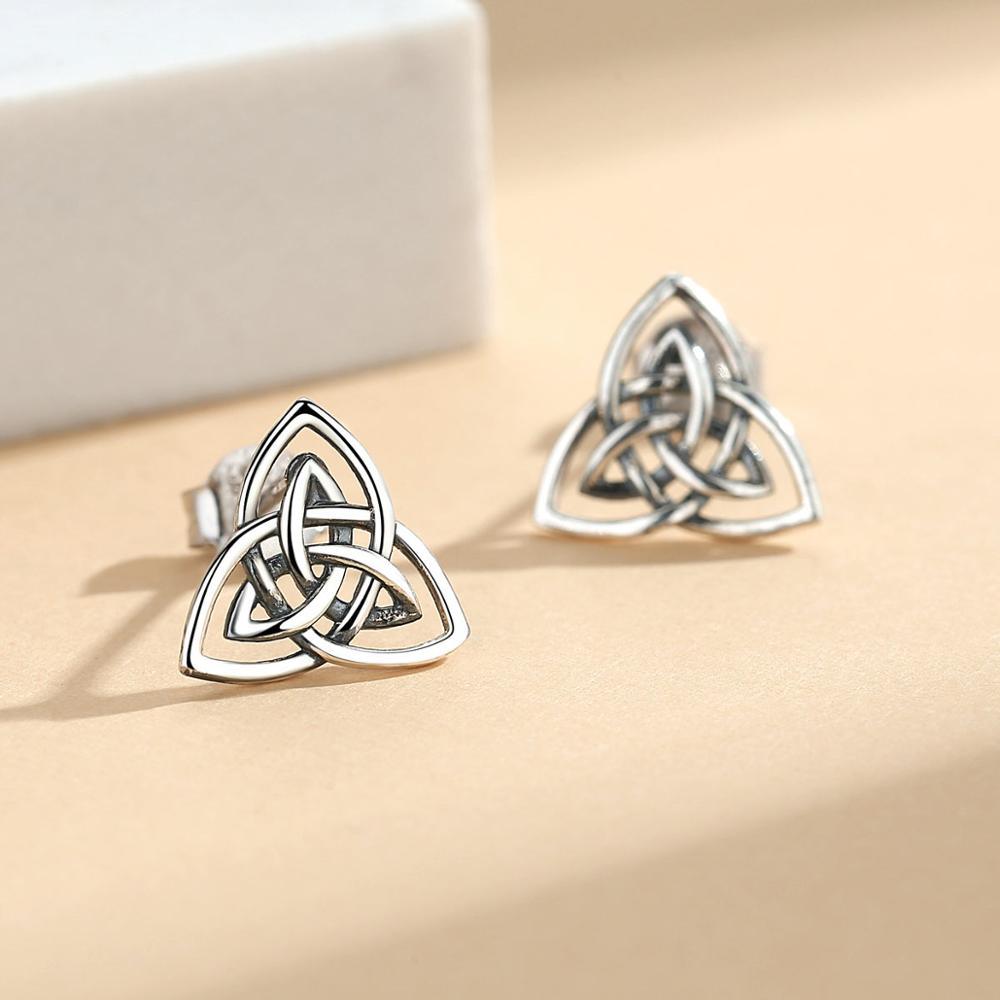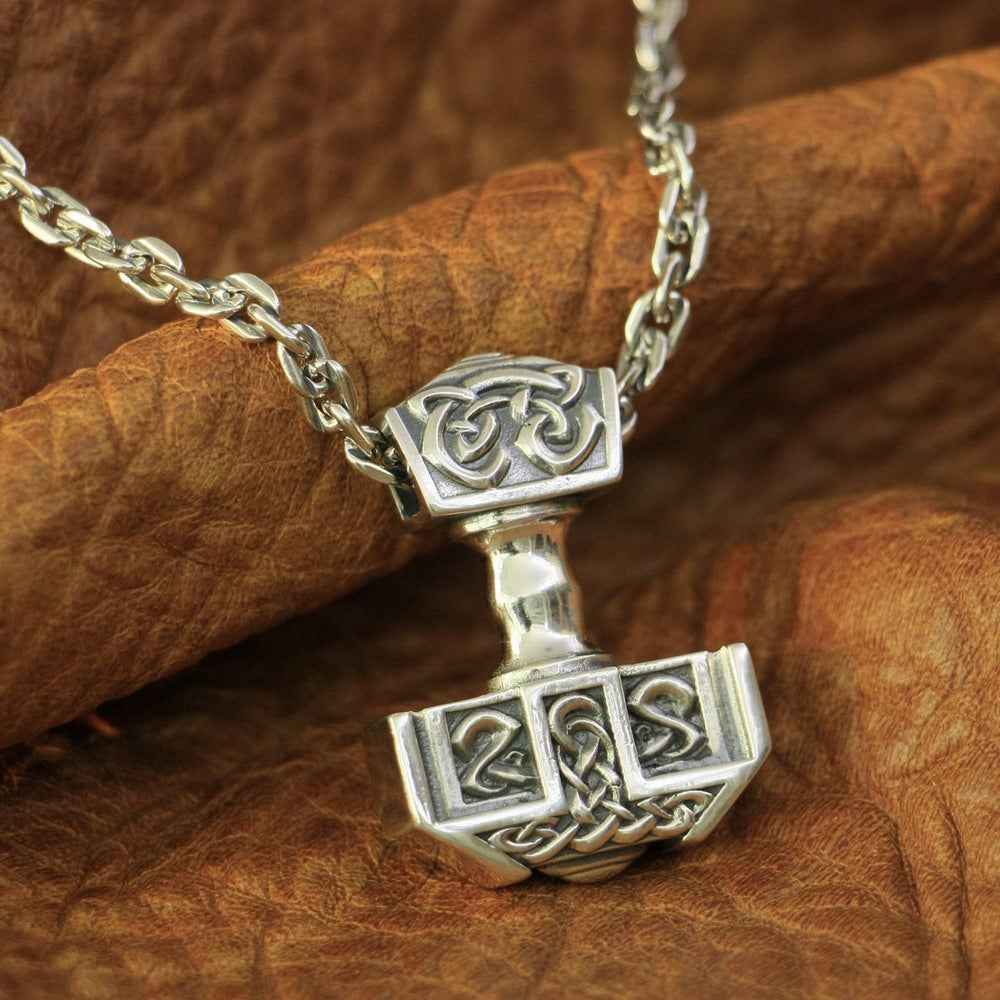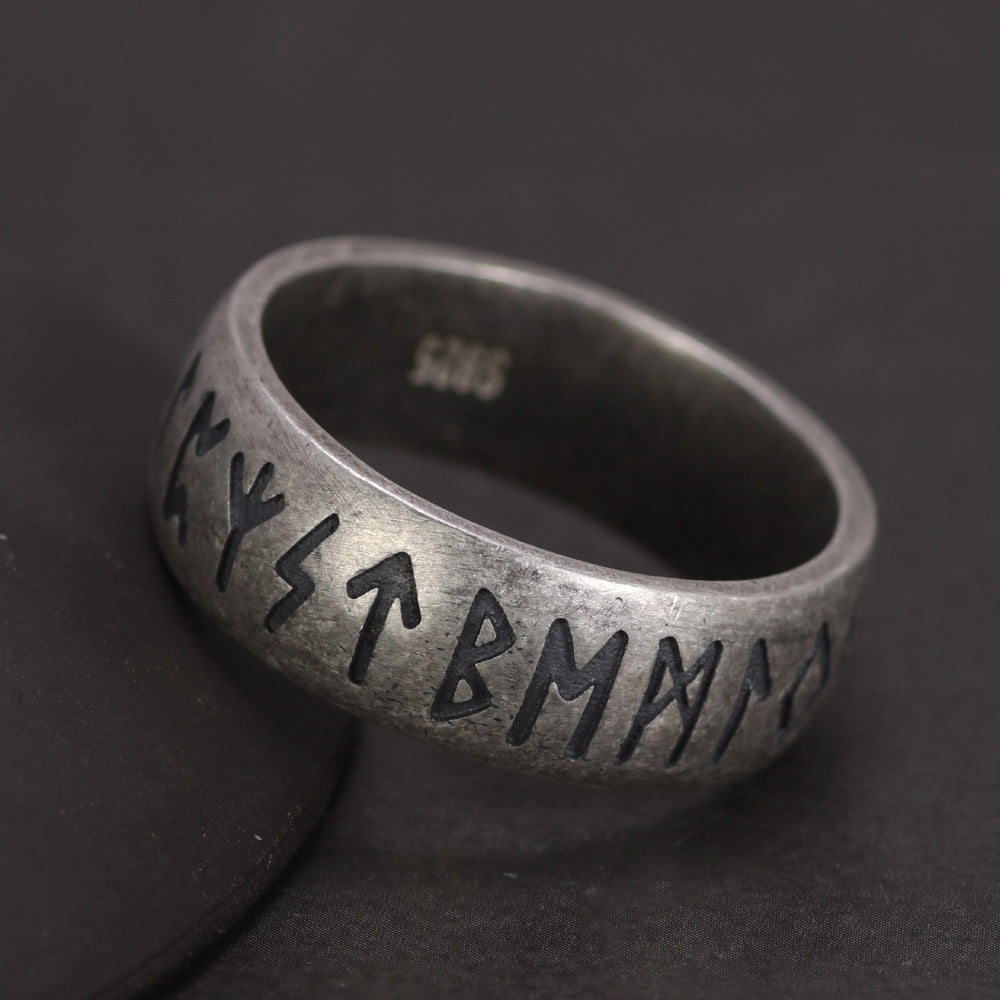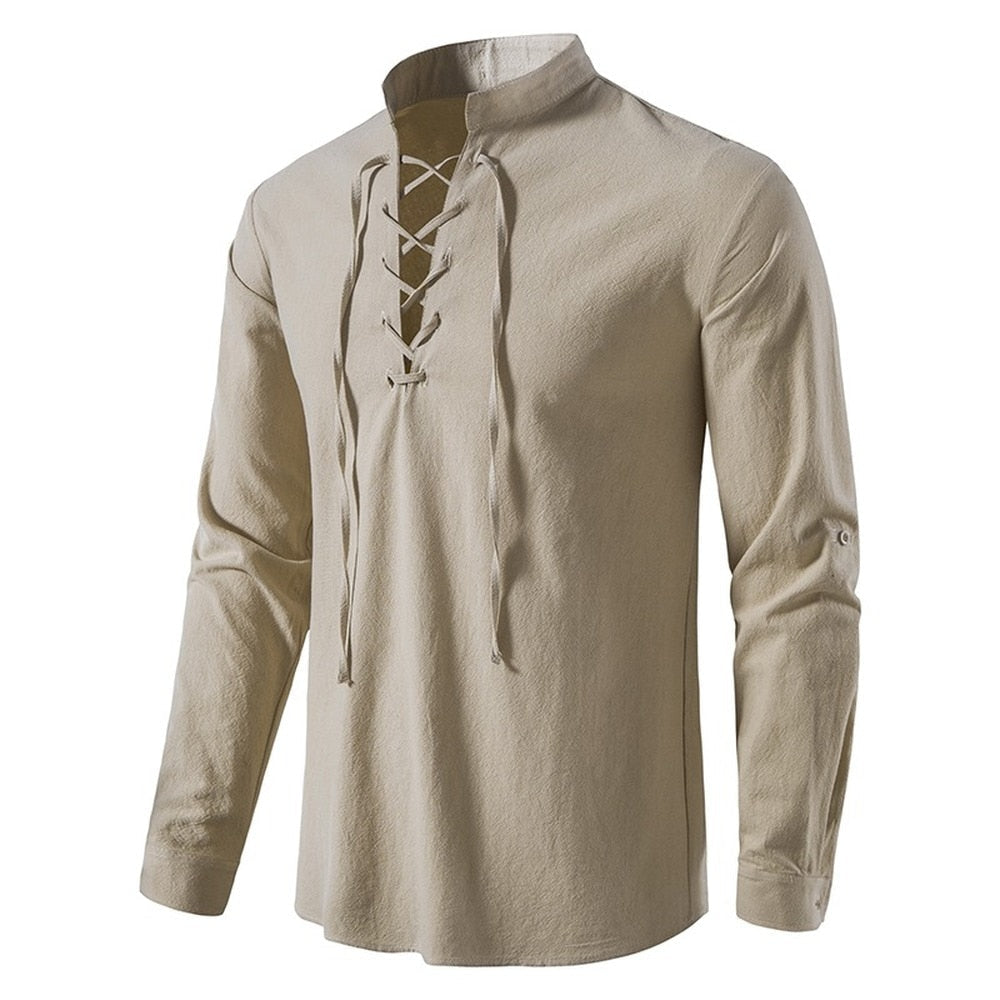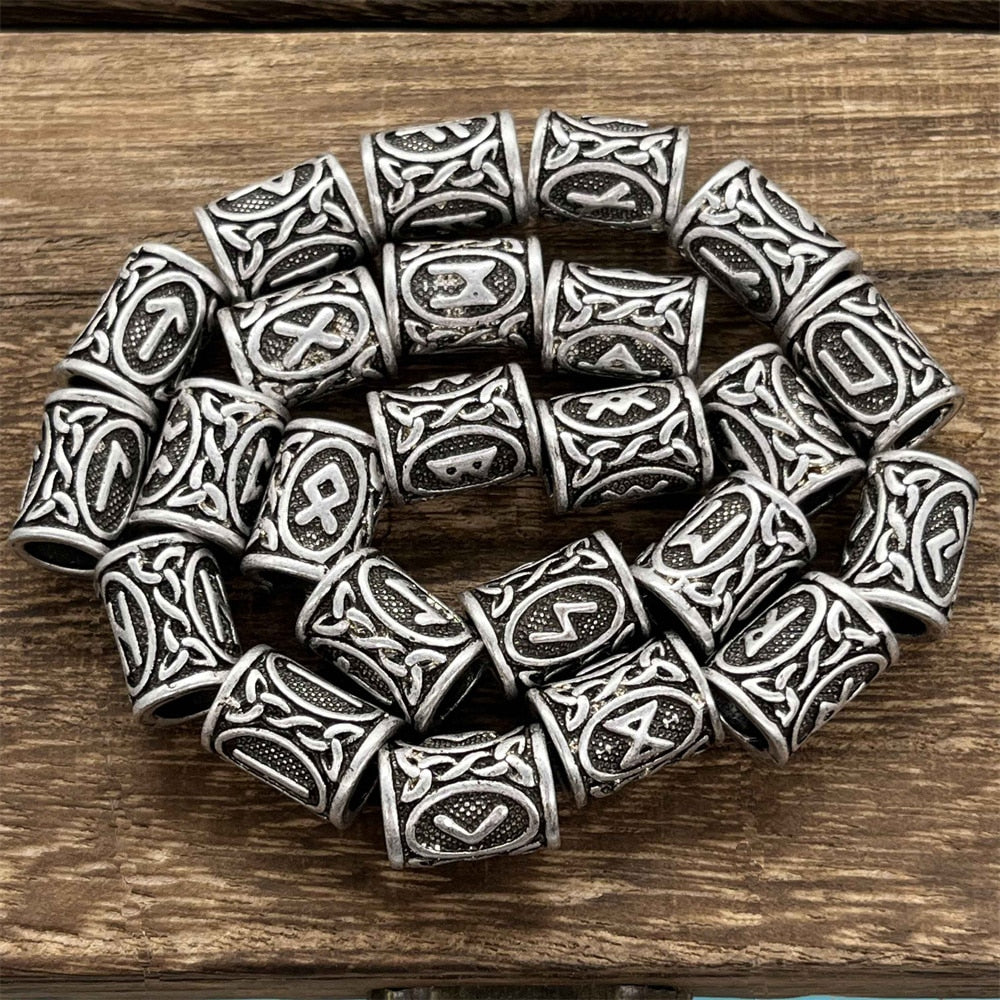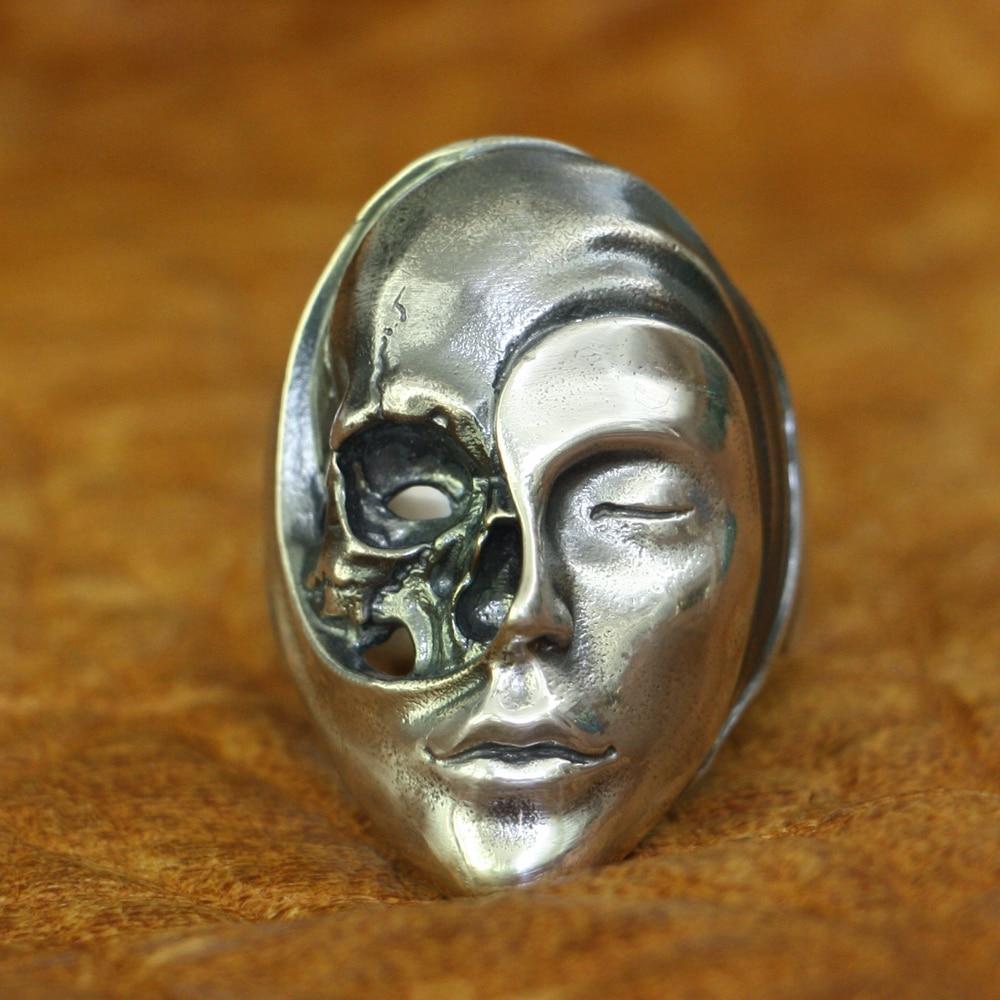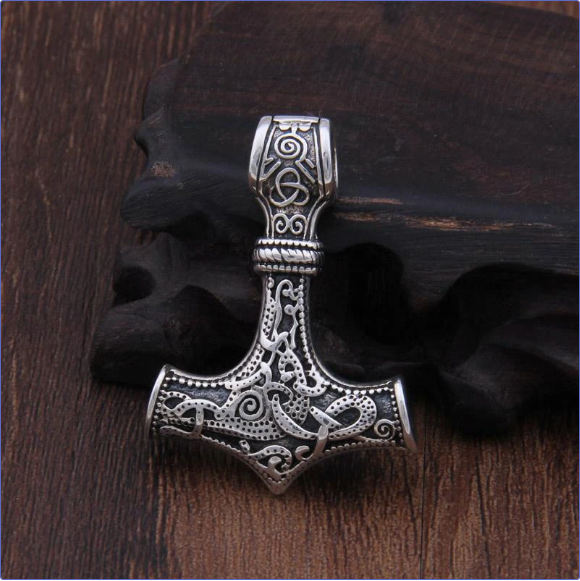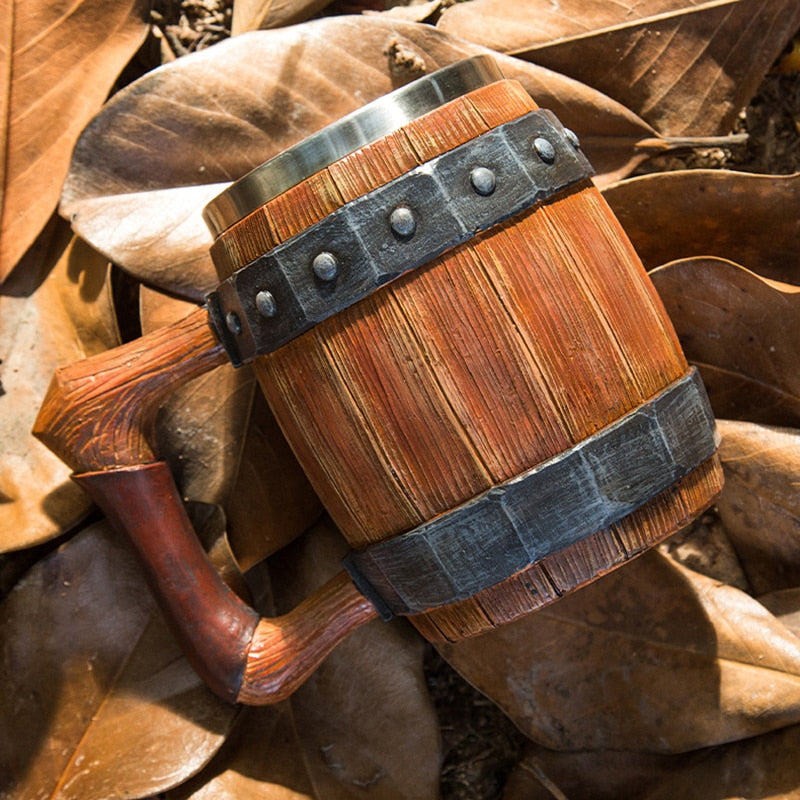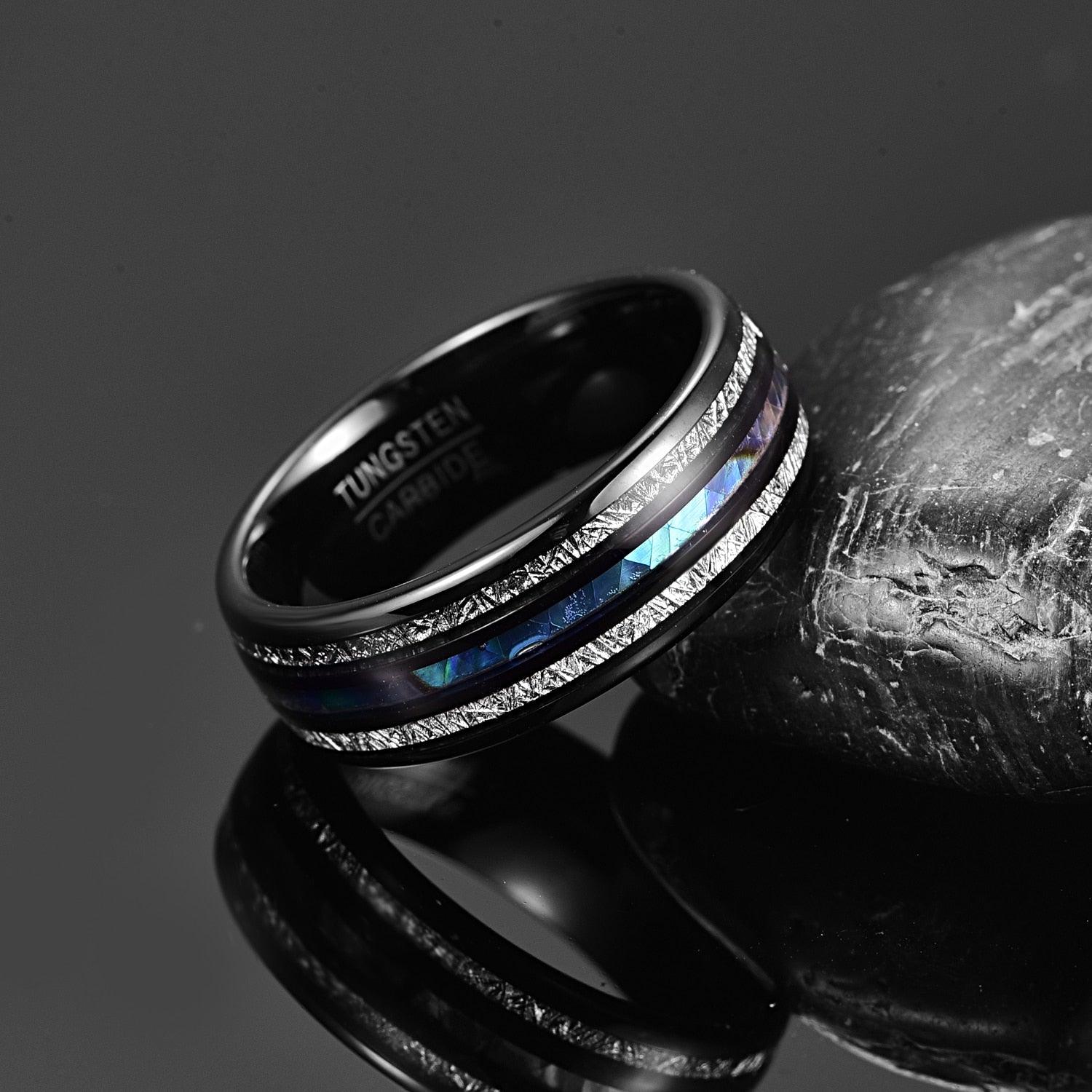In the beginning, there was nothing. Nothing but Muspelheim and Niflheim, fire and ice, two great realms separated by a great void or “gap”, called Ginnumgagap.
Muspelheim is a realm of fire and heat, sometimes referred to be the very first realm, even older than Niflheim, loaded at the “south” of the cosmos.
Directly opposite to it, Niflheim is a vast realm of icy mists, darkness, cold and eleven long, frozen rivers, collectively called Élivágar. The realm is sometimes depicted as the same as Helheim, and sometimes the vast place where Helheim now lies, and lies on the north of the cosmos.

In the beginning of time, the icy rivers Élivágar ran so far from their spring source, that the poisonous matter that flows with them became hard "like the clinker that comes from a furnace”, turning to ice. And so, when this ice came to a halt and stopped flowing, the vapor that rose up from the poison went in the same direction and froze to rime. This rime increased, layer upon layer, entering Ginnungagap from the north.
From the south of Ginnungagap came the unbearable heat and sparks of Muspelheim, a realm of eternal fire and heat.
When the rime and ice of Niflheim met the unbearable heat and sparks of Muspelheim in Ginnungagap, it thawed and dripped, and the liquid intensely dropped. This liquid fell into the shape of a man, Ymir, the first being.

Ymir means “screamer” in Old Norse. He is also known variously as Aurgelmir, which means “sand or gravel screamer”, Brimir, which means “blood moisture”, and Blainn, the meaning of which is unknown.
After Ymir came into existence, the ice from Ginnumgagap continued to drip, forming a cow. Her name was Auðumbla (Audumla) and she produced four flowing rivers of milk, that Ymir fed from. The cow was in turn nourished by licking the salty, rime-covered stones surrounding her.
Ymir was the father of all giants, but also ancestor to all Gods. It is said that he had a hermaphroditic body, and that both male and female giants emerged from his body, springing from the sweat of his armpits.
As the days progressed and Audumla began to lick away the stones, a man began to appear. On the first day, the hair of the man was uncovered. On the second, his entire head emerged from the stones. On the third day, he was completely uncovered and came out from the stones. His name was Buri and he eventually had a son named Borr, who married to a daughter of a giant named Bestla. They had three sons, Vé, Vili and Odin.

Ymir was always voracious and always spawning new giants into existence from his armpits. According to the story, Odin and his brothers were so concerned about the hoards of giants emerging from Ymir that they decided to slay the giant.
Odin, Vili, and Vé killed Ymir, and his body produced so much blood from his wounds that within it drowned all the jötnar but two. After slaying Ymir, Odin and his brothers dragged the giant’s body to the center of Ginnungagap, where they made the Earth (Midgard) from his body, and perhaps even other worlds that now exist around the center of Yggdrasil.
Odin himself (disguised as Grímnir) tells us how in the poem Grímnismál:
“Out of Ymir's flesh was fashioned the earth,
And the ocean out of his blood;
Of his bones the hills, of his hair the trees,
Of his skull the heavens high."
"Mithgarth the gods from his eyebrows made,
And set for the sons of men;
And out of his brain the baleful clouds
They made to move on high.”
After creating and dividing the realms, Odin and his brothers found two logs on a seashore, one made of ash and one made of elm. Wanting to fill Midgard with new beings, the brothers created the first two humans out of the wood. A man named Ask (Ash), and a woman named Embla (Elm). One brother gave them life and breath, while another gave them movement and consciousness. The last brother gave them speech, hearing, sight and faces.
This is the beginning of all humans, and the beginning of all tales.

"Ask och Embla" (1948) by Stig Blomberg, in Sölvesborg Sweden
Bibliography
Simek, Rudolf. 2007 (1993). Translated by Angela Hall. Dictionary of Northern Mythology. D.S. Brewer. ISBN 0-85991-513-1
Jesse Byock (2005) Snorri Sturluson, The Prose Edda. 1st. edition. London, England: Penguin Books Ltd. ISBN-13 978-0-140-44755-2
Faulkes, Anthony. Edda. Trans. 1982. Oxford University Press. ISBN-13: 9781389651922
Daniel McCoy. 2016. The Viking Spirit: An Introduction to Norse Mythology and Religion. 1st edition. CreateSpace Independent Publishing Platform. ISBN-13 978-1533393036
Henry Adams Bellows (2004) The poetic Edda: The Mythological Poems, Mineola, New York: Dover, 2004, ISBN 9780486437101
